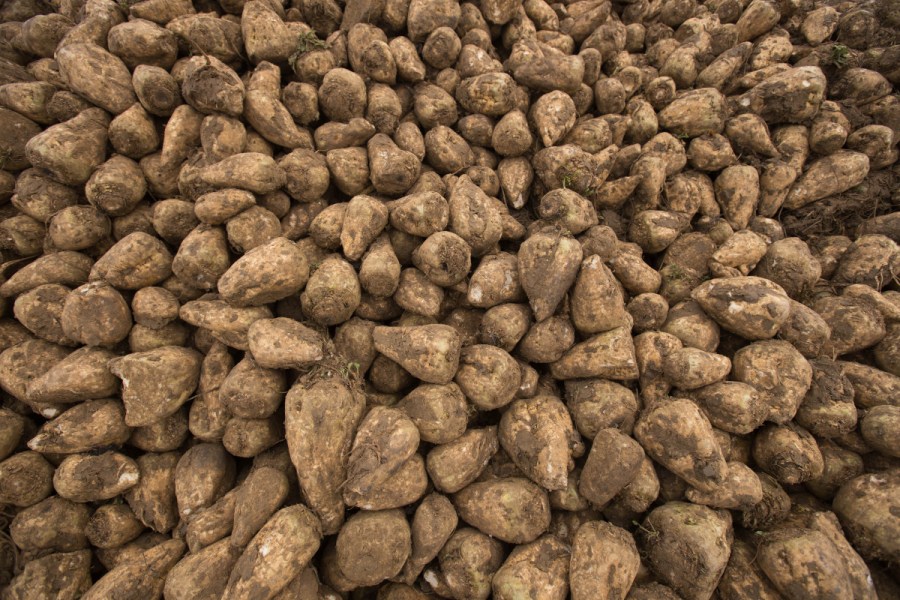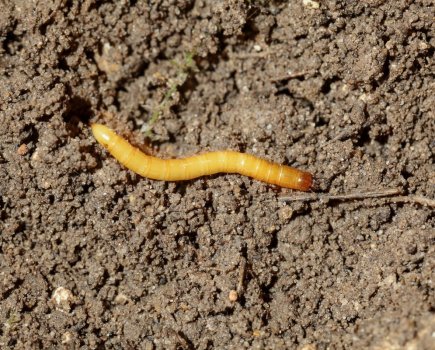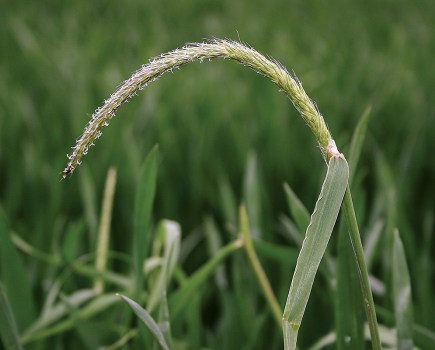Two new varieties have been added to the 2024 sugar beet Recommended List.
Published this week (1 April), the new additions to the RL are are Osprey from SESVanderHave UK and Smart Vesnica KWS from KWS UK. Five varieties were withdrawn which means the 2024 list comprises 19 varieties.
Osprey is an AYPR tolerant variety that joins Philina KWS for use where this form of rhizomania is present. The RL trials are carried out on sites free of AYPR and Osprey yielded 99.2% of the controls’ adjusted t/ha yield. It had 16.9% sugar content in the trials.
Smart Vesnica KWS is an ALS tolerant variety which achieved 94% adjusted yield in the trials, with a high sugar content of 17.4%. These yields were achieved in trials treated with conventional herbicides. It’s expected that yields will be higher when the ALS herbicide system is used, according to the British Beet Research Organisation (BBRO). As these are new to the list, there is very limited data on their tolerances to foliar diseases, it added. Neither variety has any restriction on sowing date.
Challenging trials conditions
“The 2022 trials were subjected to a very dry summer and this was one of the major factors that affected establishment of two of the eight RL trials which were not taken to harvest,” says Mike May, Chairman of the RL Board. “One of the harvested trials was rejected by the statisticians owing to variability in growth across the site. There were six NL trials sown with four suitable for harvest. None of the trials suffered significant damage from virus yellows or beet moth larvae.
“All of the RL trials were sown at 9cm spacing and then gapped while all the NL trials harvested had been sown to a stand. Harvest of the NL trials was completed by mid-October and the RL by mid November. Once again all credit must go to the teams working on the project both in the field and tarehouse for ensuring sufficient trials were harvested and analysed to allow this RL programme to be completed on time.”
Using the RL
In the 2024 RL table the yield of the control varieties in 2022 was 103.3 adjusted t/ha, compared with 112 in 2021 and 105.8 in 2020. Average sugar content (17.2%) was similar to the previous two years. The average plant population of the five controls was 99,000/ha, (compared with 100,900/ha for the 2023 RL and 98,000/ha for the 2022 RL).
The number of bolters from early sown trials were lower than in 2021 and 2020. The numbers of early-sown bolters are from trials sown between mid-February up to the first five days of March. The BBRO recommends that growers should use the early sown bolting figures for guidance if sowing early, or if very cold or other stressful conditions are expected.
Those five varieties indicated by ‘X’ in the tables are not recommended for sowing before 15 March, but present a much lower risk for normal sowing. In some instances breeders may suggest some other varieties should not be sown early.
“Before ordering any of the special varieties bred for BCN, AYPR, yellowing virus tolerance or ALS herbicide tolerance, growers should discuss options with the BBRO and breeders who will have more information on their performance and use in the presence of the specific problem,” advises Mike. “The breeder and BBRO will have more information on how best to use all the RL varieties in practice.”




